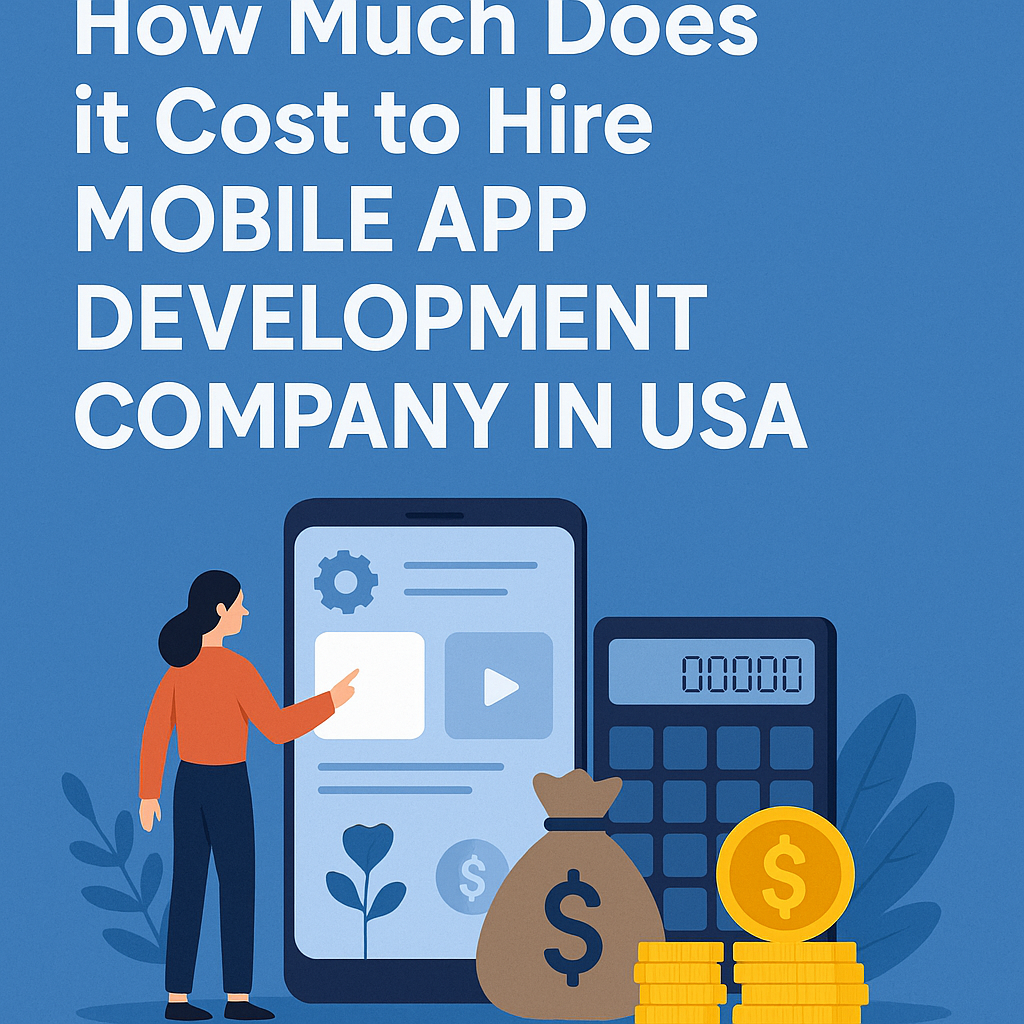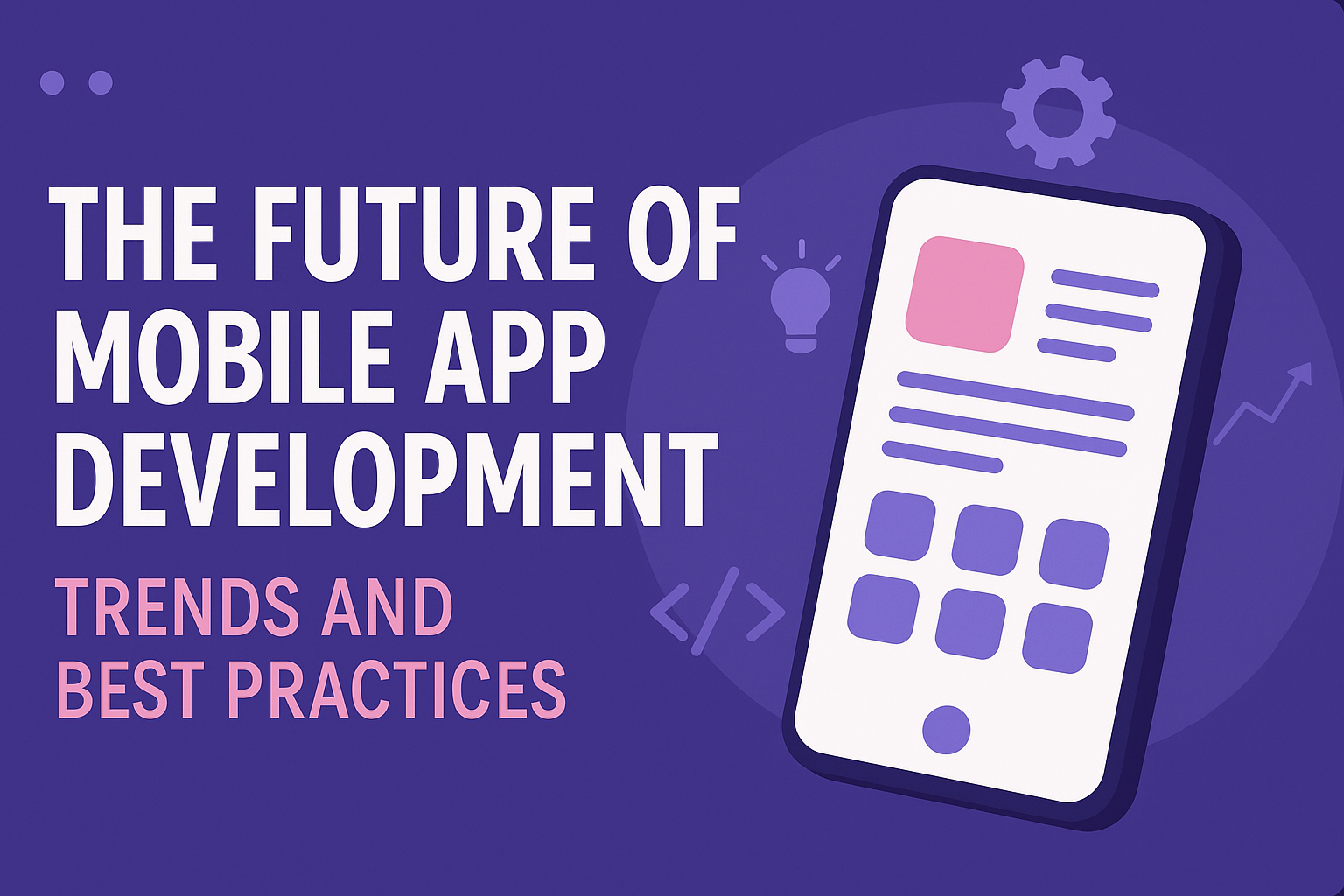A Complete Guide to Understanding Blockchain App Development Cost

Strong 8k brings an ultra-HD IPTV experience to your living room and your pocket.
Over the last few years, blockchain technology has become a disrupting power in various sectors—banking, healthcare, supply chain, among others. Small and large enterprises alike are looking to implement blockchain-powered solutions in order to boost transparency, provide greater security, and reduce complexity. But there remains one question in common: What is the real cost of blockchain app development?
✍️ Maintaining apps after launch is just as important as building them. Learn how app maintenance practices ensure security, updates, and long-term success.
Here, we analyze the elements that determine blockchain app development costs, provide rough estimates of average expenditures, and include advice to enable you to make well-informed choices for your blockchain venture.
What Is Blockchain App Development?
Blockchain app development is the process of developing decentralized applications (dApps) or software on a blockchain protocol like Ethereum, Hyperledger, or Solana. These applications use distributed ledger technology to provide secure and unalterable data transactions. From a crypto wallet, NFT marketplace, to a supply chain tracking application, the development process can be quite different depending on functionality and infrastructure.
Key Factors Affecting Blockchain App Development Cost
Knowing what constitutes the cost of developing a blockchain app will assist you with cost budgeting effectively. The major factors are:
1. Blockchain App Type
Public Blockchain (e.g., Ethereum-based applications): More expensive due to high complexity and scalability needs.
Private Blockchain: Less costly, greater control of the network.
Consortium or Hybrid Blockchain: Reasonable cost, application suitable for business.
2. Feature Complexity
The more sophisticated your app is, the more expensive the blockchain app development is going to be. Simple apps with wallet integration and basic smart contracts might be lower in cost, whereas platforms that need custom consensus algorithms, tokenomics, or governance levels will be much more expensive.
3. Platform Selection
Ethereum is popular but in many cases very costly because of gas charges.
Alternative solutions such as Solana, Polygon, and Binance Smart Chain provide cheaper and quicker transactions.
Each platform has its toolsets and prices, which are all part of the total price.
4. Smart Contract Development
Smart contract writing, testing, and deployment are essential. Solidity developers (Ethereum) or Rust developers (Solana) are expensive because they have a niche skill set.
5. UI/UX Design
A friendly interface for decentralized functionality also plays a role in cost. Web3 wallets, NFT user interfaces, and live transaction dashboards need careful design and integration.
6. Security Measures
Blockchain apps have to be tested for security seriously. Penetration testing, audit reports, and compliance tack on layers of expense but are not negotiable in applications with high stakes.
7. Development Team & Location
The price can differ significantly based on where your team is:
US/UK Developers: $100–$250/hr
Eastern Europe: $40–$100/hr
Asia (India, Vietnam): $25–$50/hr
You may hire freelancers, in-house developers, or a specialized blockchain app development firm to complete the task.
Average Blockchain App Development Cost Estimates
App Type\tEstimated Cost Range
Simple dApp (MVP)\t$15,000 – $35,000
Medium Complexity App\t$35,000 – $90,000
Enterprise-Level Blockchain Solution\t$100,000 – $300,000+
Estimates can differ based on features, platforms, timeline, and team organization. For instance, the inclusion of NFT capability, DeFi lending feature, or DAO governance will add a significant amount to the total cost.
Other Costs to Consider
Other than development, here are some other blockchain app development costs:
Maintenance & Updates: $1,000 – $10,000 per month
Third-Party Integrations: Varies by APIs and services
Smart Contract Audits: $5,000 – $30,000+
Cloud or Decentralized Hosting: Dependent on server usage or load
Optimizing Blockchain App Development Cost
Following are some practical tips to control and possibly minimize your spending:
Begin with an MVP: Test your idea with minimal expenditure.
Utilize Open-Source Solutions: Build on top of available solutions such as Truffle or Hardhat.
Employ Offshore Developers or Agencies: Engage with reliable companies based in countries with lower development costs.
Prioritize Features: Segment your app into essential and non-essential features to manage scope.
Select the Appropriate Development Partner: Working with a seasoned blockchain app development firm guarantees efficient timelines and optimized budgets.
Final Thoughts
Making sense of the blockchain app development cost is important for businesses and startups that want to tap into this revolutionary technology. The overall cost hinges on various factors—such as app type, features, or development location to long-term support requirements. Though the investment is high, the advantages of increased security, transparency, and decentralization tend to outweigh the initial costs.
Team up with the proper development team, plan strategically, and launch lean and you will be able to create a robust blockchain application without spending too much.
Note: IndiBlogHub features both user-submitted and editorial content. We do not verify third-party contributions. Read our Disclaimer and Privacy Policyfor details.







